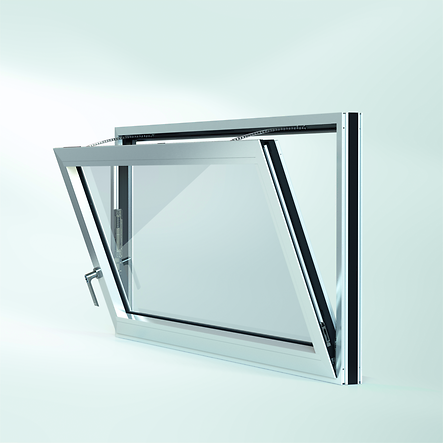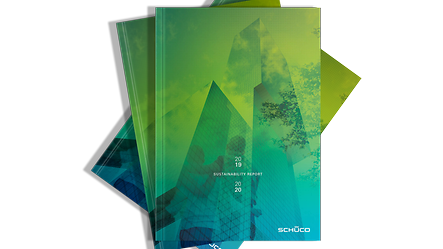Certified buildings are on trend
Today, high-quality office buildings in central locations are planned, constructed and certified sustainably, taking into account economic considerations. The assessment is based on economical, ecological and socio-cultural aspects, as well as the technical and process quality. The goal is to ensure available materials are used through a user-oriented, durable and recyclable construction method in order to conserve resources and the environment and safeguard the health of residents.
Building certifications like the German Sustainable Building Council (DGNB) seal, LEED and BREEAM aim to make the sustainability benefits of a property measurable and are therefore increasing in importance around the world. In this connection, we had the sustainability performance of our products checked by construction planning and consultancy firm, Drees & Sommer, back in 2014. The result: window and façade systems from Schüco fully comply with the requirements of various certification systems.
Building certifications are issued by independent non-profit organizations and provide investors with key information about the current value and the value retention of a building. Properties that have been certified as sustainable are of increasing interest to homeowners and renters, as they promise comparatively low operating and ancillary costs.
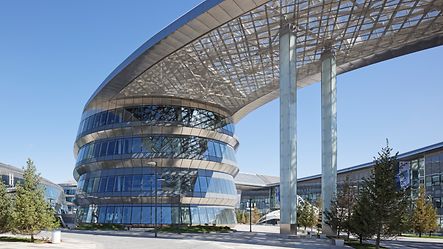
Overview of the main certificates
BREEAM
BREEAM
The British sustainability certificate was developed in 1990 (amended in 2008) and is the oldest test certificate in the field of sustainable construction.
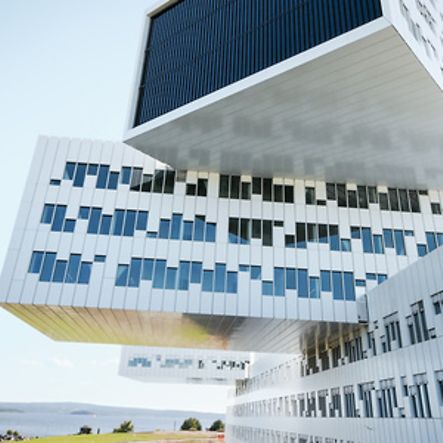
German Sustainable Building Council (DGNB)
German Sustainable Building Council (DGNB)
The German Sustainable Building Council certifies the exceptional fulfillment of many sustainability criteria in terms of ecology, economics, socio-cultural and functional aspects, technology, processes and location. If the criteria of the standard have been exceeded, the GeSBC awards the GeSBC certificate in bronze, silver or gold. There is also the possibility to gain pre-certification in the planning phase.
DGNB Navigator: The DGNB Navigator is a comprehensive online database. Architects, specifiers, clients and everyone involved in the building can use it to find detailed information about construction products and their key values, such as details on environmental impact, calculating lifecycle costs, energy requirements or the emissions behaviour of the configured products. Schüco systems are also represented in the Navigator.
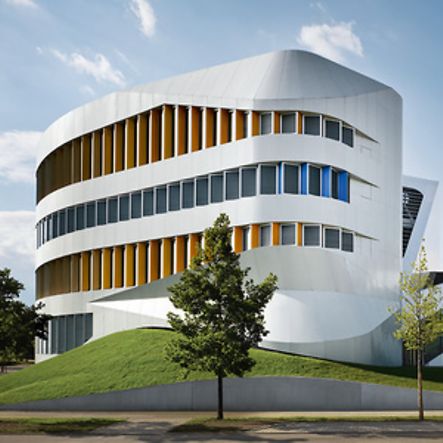
LEED
LEED
The LEED (Leadership in Energy and Environmental Design) assessment system was developed by the U.S. Green Building Council to classify ecological building.
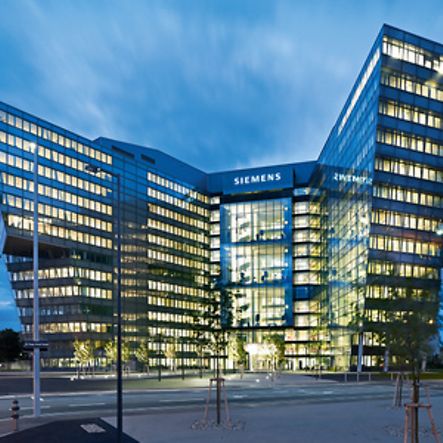
BNB
BNB
BNB is the evaluation system for sustainable building of the German Federal Ministry for the Environment, Nature Conservation, Building and Nuclear Safety. The aim of sustainable building is to protect general commodities such as the environment, resources, health, culture and capital. The evaluation areas of the system have been created on the basis of this.
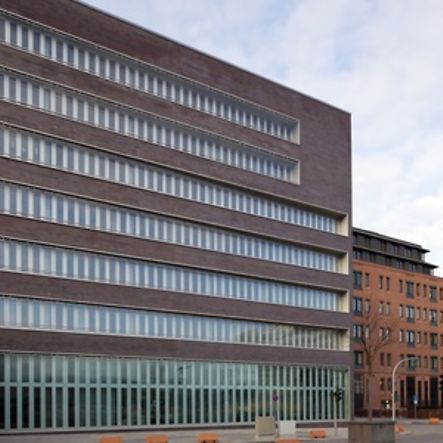
Planning and consultancy with long-term perspectives – EPDs for Schüco systems
An EPD (Environmental Product Declaration) is a document that a company uses to disclose quantified information regarding the environmental impact of a product. In the construction industry, EPDs provide key data for green building evaluation and building certifications.
The Schüco EPDs for aluminum systems therefore provide consistent data about production, dismantling through recycling and feeding back into the closed material cycle, as well as disposal, and form an important basis for sustainable construction.
Individual EPDs can be created for our aluminum systems using our SchüCal planning tool. Their creation is integrated in our SchüCal planning and calculation software. Metal fabricators can use the specially developed EPD tool in the program to obtain product-specific EPDs for Schüco constructions, which are created and independently tested in accordance with ISO 14025 and EN 15804.Example EPDs for Schüco systems can also be found on the website of our EPD program operator, the Institut Bauen und Umwelt e.V.
